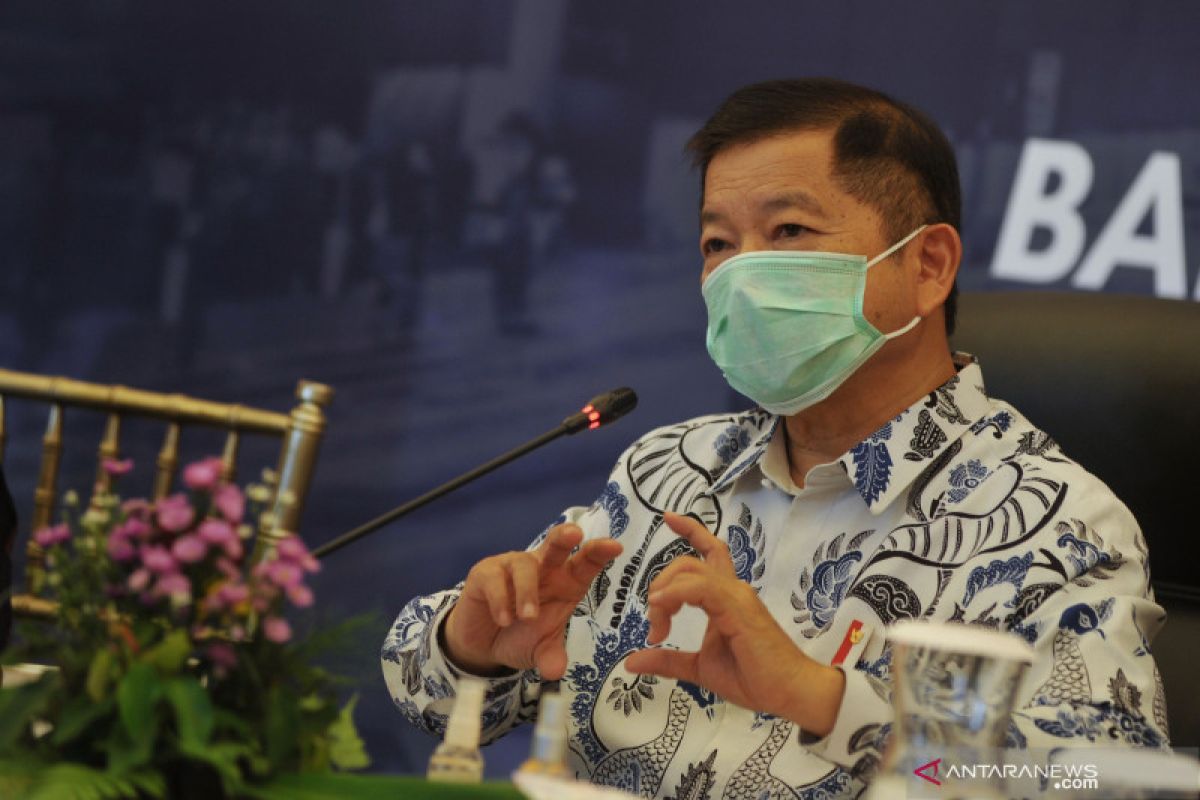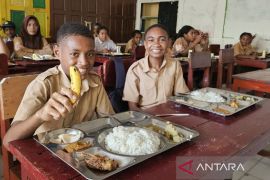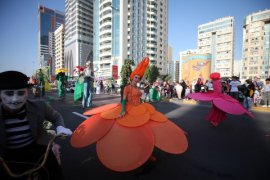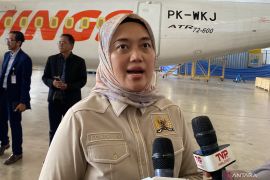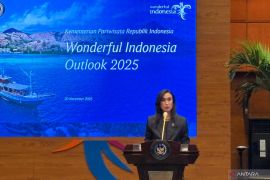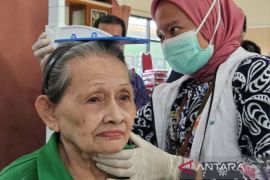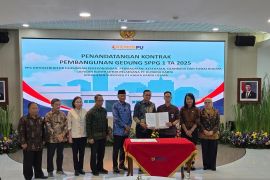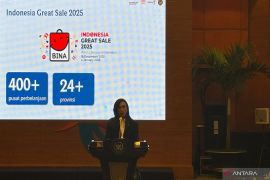The government warmly welcomes the continuation of the cooperation program with Unicef that significantly contributes to achieving national priorities, particularly those related to childrenJakarta (ANTARA) - The Indonesian government and the United Nations Children's Fund (Unicef) inked the Country Programme Action Plan (CPAP) worth US$150 million for the 2021-2025 period to promote welfare of Indonesian children.
The CPAP aims to support the development of children in various fields, including health, nutrition, water and sanitation, education, child protection, and social policy.
"The government warmly welcomes the continuation of the cooperation program with Unicef that significantly contributes to achieving national priorities, particularly those related to children. The cooperation program will continue to produce various innovations that may serve as a leverage to speed up the attainment of development targets," Minister/Chief of the National Development Planning Agency (Bappenas) Suharso Monoarfa noted in a written statement released on Thursday.
The program is the commitment to realizing children's rights within the framework of implementing one of the visions of the National Medium-Term Development Plan (RPJMN) 2020-2024 to promote the development of human resources by 2024.
Related news: Minister Parawansa declares street-children free Indonesia by 2017
The Indonesia-Unicef cooperation aims to assist the Indonesian government in achieving the main goal pertaining to children's welfare that is to immediately reduce the stunting rate to 14 percent among those under the age of five years and double the number of households using clean water to reach 15 percent.
The other objective is to reduce the infant mortality rate by up to one-third, from 24 to 16 deaths per one thousand live births; achieve full immunization of up to 90 percent of the children aged 12 to 23; raise participation in early childhood education, from 63 percent to 72 percent; and adopt innovations to increase access to education and learning for the most-marginalized children.
The next step is to increase the coverage of health, social, or law enforcement services among boys and girls that once endured violence, from 10 percent to 20 percent, and lower the number of children living in poverty based on the national monetary poverty line, from 11.8 percent to nine percent.
The cooperation program will also focus on cross-sectoral programs encompassing the development and participation of youths and various requirements and priorities for women and children with disabilities, he stated.
The strategic partnership will help Indonesian boys and girls to realize their potential and ensure that none of them will lag behind their other counterparts.
Related news: Strike balance between health, economy while restoring public welfare
Related news: Armed Papuan criminals disrupt endeavors to improve locals' welfare
Translator: Martha Herlinawati S/Suharto
Editor: Rahmad Nasution
Copyright © ANTARA 2020
